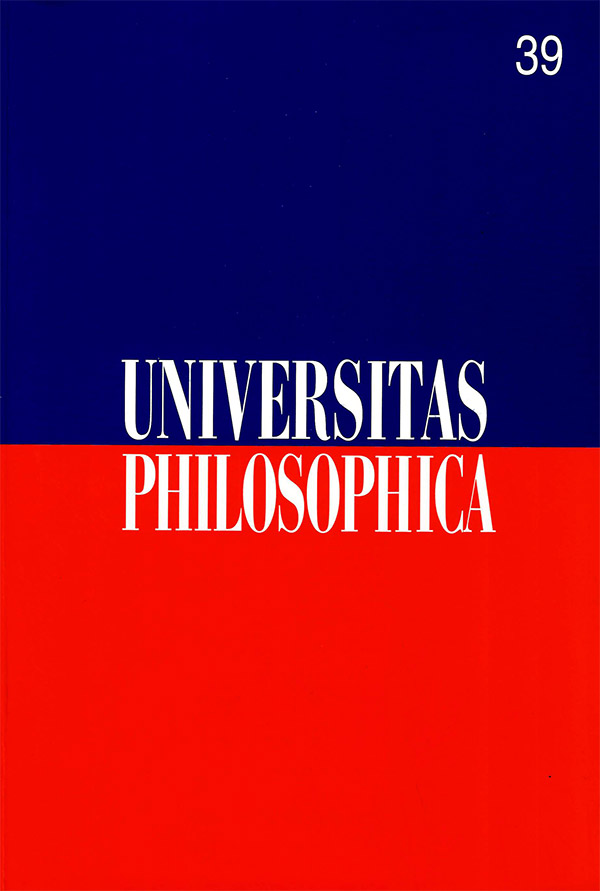Resumo
A la pregunta por la originalidad, la importancia crítica y la perdurable atracción que suscita el pensamiento legal y político de Bentham, el autor responde atribuyéndolas, como se supone con frecuencia, al uso que hace Bentham del principio de utilidad como herramienta crítica con la cual examinar las leyes, instituciones, prácticas y creencias existentes, y sugerir medidas de reforma. Sin embargo, afirma que su originalidad e importancia se deben principalmente a su ontología y a su filosofía del lenguaje. Para ello, comienza describiendo los puntos de vista de Bentham sobre la ontología y el lenguaje, luego muestra cómo el principio de utilidad se deriva de su ontología, y finalmente trata de demostrar el significado permanente de sus ideas, tomando como ejemplo su análisis de la corrupción política.
Esta revista científica se encuentra registrada bajo la licencia Creative Commons Reconocimiento 4.0 Internacional. Por lo tanto, esta obra se puede reproducir, distribuir y comunicar públicamente en formato digital, siempre que se reconozca el nombre de los autores y a la Pontificia Universidad Javeriana. Se permite citar, adaptar, transformar, autoarchivar, republicar y crear a partir del material, para cualquier finalidad (incluso comercial), siempre que se reconozca adecuadamente la autoría, se proporcione un enlace a la obra original y se indique si se han realizado cambios. La Pontificia Universidad Javeriana no retiene los derechos sobre las obras publicadas y los contenidos son responsabilidad exclusiva de los autores, quienes conservan sus derechos morales, intelectuales, de privacidad y publicidad.
El aval sobre la intervención de la obra (revisión, corrección de estilo, traducción, diagramación) y su posterior divulgación se otorga mediante una licencia de uso y no a través de una cesión de derechos, lo que representa que la revista y la Pontificia Universidad Javeriana se eximen de cualquier responsabilidad que se pueda derivar de una mala práctica ética por parte de los autores. En consecuencia de la protección brindada por la licencia de uso, la revista no se encuentra en la obligación de publicar retractaciones o modificar la información ya publicada, a no ser que la errata surja del proceso de gestión editorial. La publicación de contenidos en esta revista no representa regalías para los contribuyentes.


